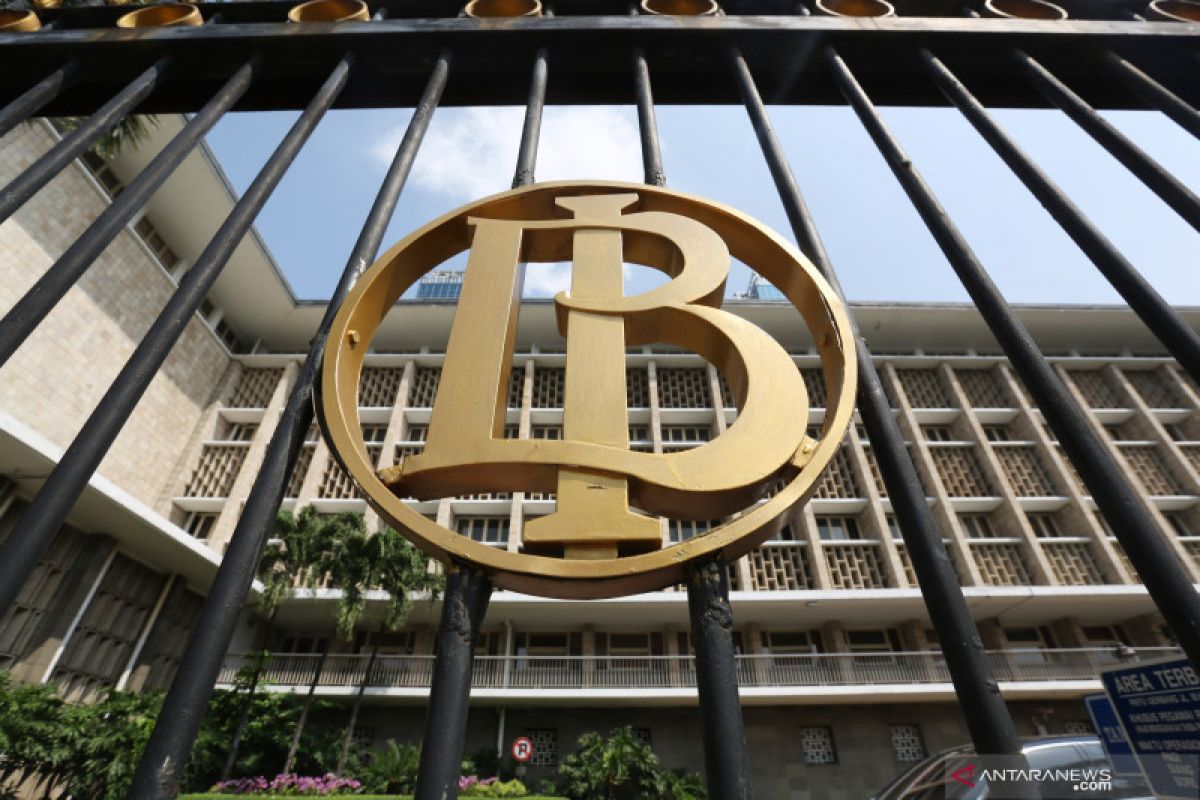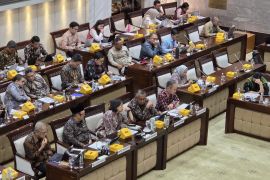The main contributors to the increase were solid retail sales of food, beverages, and tobacco, other household equipment, as well as spare parts and accessories.Jakarta (ANTARA) - The latest retail sales survey conducted by Bank Indonesia (BI) showed that retail sales had tracked a seasonal decline in January 2020 over normalcy restored in public consumption after the recent year-end festive period.
The downturn was corroborated by a deeper contraction in the Real Sales Index (RSI), from -0.5 percent (yoy) in December 2019 to -3.1 percent (yoy), weighed down by cultural and recreational goods as well as clothing, according to a statement of BI received in Jakarta on Saturday.
Retail sales performance in the fourth quarter of 2019 improved in the previous period, with RSI growth slightly accelerating to 1.5 percent (yoy), from 1.4 percent (yoy) in the third quarter of 2019.
The main contributors to the increase were solid retail sales of food, beverages, and tobacco, other household equipment, as well as spare parts and accessories.
Retailers expected normalization in prices after the Ramadan and Eid ul-Fitr festive period and hence projected milder inflationary pressures in the subsequent six months (June 2020), as was mirrored by a decrease in the 6-month Price Expectations Index (PEI) to a level of 166.0, from 177.8 a month earlier.
The latest Residential Property Price Survey conducted by BI revealed more subdued residential property price growth in the fourth quarter of 2019, as was reflected by a flatter Residential Property Price Index (RPPI) of 0.30 percent (qtq) as compared to 0.50 percent (qtq) in the third quarter of 2019.
Meanwhile, respondents forecasted the RPPI growth to hit 0.43 percent (qtq) in the first quarter of 2020.
Developers acknowledged a deep -16.33 percent (qtq) residential property sales contraction in the fourth quarter of 2019 after posting positive growth of 16.18 percent (qtq) in the third quarter of 2019.
Furthermore, the decline was felt across all types of residences.
The survey results also reiterated that most developers, or 58.80 percent, relied on non-bank financing in the form of internal funds, while most customers, reaching 71.88 percent, were inclined to borrow housing loans disbursed by the banking industry. Related news: BI upbeat about 5.5 percent economic growth despite coronavirus threat
Related news: Indonesia's BOP for Q4 2019 recorded US$-4.3 billion surplus: BI
EDITED BY INE
Reporter: Azis Kurmala
Editor: Fardah Assegaf
Copyright © ANTARA 2020












